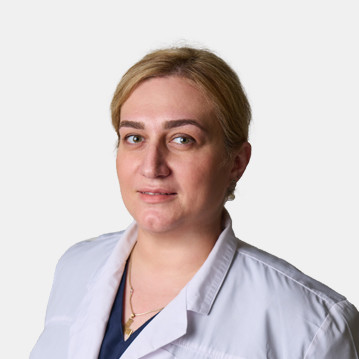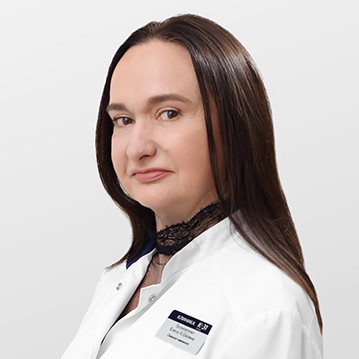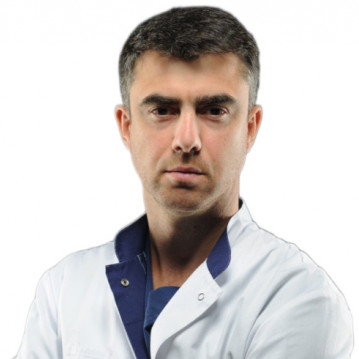
Breast cancer is one of the most common types of oncology in the modern world. This insidious disease is diagnosed quite late, it requires complex treatment and a difficult rehabilitation process. In the diagnosis, a blood test for breast cancer helps doctors.
What tests can I take?
In addition to the well-known general blood test, there are several other ways to study this biological material. Research methods differ in reliability, cost, frequency of use. The doctor at his discretion appoints a woman a particular set of studies.
If breast cancer is suspected, patients are usually prescribed:
- a biochemical study, during which the level of various electrolytes and enzymes is assessed (the analysis is not always accurate, since the levels of enzymes can vary with other diseases);
- fish-analysis is a relatively new technique, thanks to which genes that trigger the oncological process can be found in a woman’s blood;
- spectral analysis - a study that determines the molecular composition of blood, has a high diagnostic value and makes it possible to detect a tumor in the early stages of development;
- genetic analysis - a technique with which you can detect genes in a woman’s blood that are responsible for the inheritance of a pathology (their detection does not always indicate the immediate development of cancer, but their presence in the body increases the likelihood of its occurrence).















